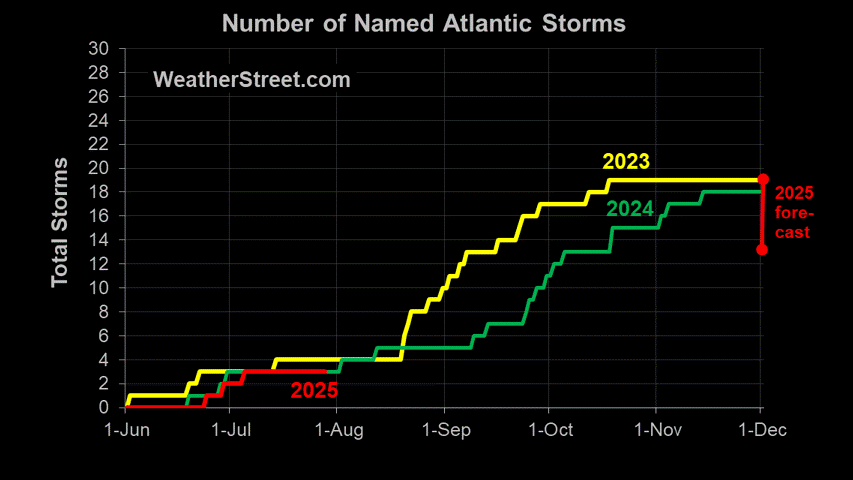Hurricane Bill passing Nova Scotia
Bill will pass along the southern coast of Nova Scotia today and will pass or make landfall on the island of Newfoundland late tonight or early tomorrow morning.
Brunt of Bill to Hit Nova Scotia, Newfoundland, Still Rough for Easterners (AccuWeather)
Southern Nova Scotia, including Halifax, will be hardest-hit by Bill. He will move extremely close to the shoreline of southern Nova Scotia early this afternoon into this evening.Rip tides remain a major issue for beaches along the northern US. Many beaches from Delaware to Massachusetts were closed yesteday due to the dangerous surf. In some areas where the beaches did allow swimming, such as in southern New Jersey, only the most skilled surfers were brave enough to venture into the water.
Bill is expected to weaken to a tropical storm before making landfall over Newfoundland tonight. The storm will only deliver a quick blow to Newfoundland as the storm accelerates even more overnight into Monday morning. Bill will transition into an extratropical system by Monday afternoon.
Southern Nova Scotia and perhaps the coast of southern Newfoundland for a short time will endure hurricane-force gusts over 74 mph today into tonight, even though Bill will be weakening after moving over cooler water. Waves can reach 25 feet or higher, and buckets of rain will be unleashed.
The Grand Banks, Newfoundland, is a heavy commercial fishing and oil production area. Bill will be weakening as he passes to the north of the oil fields on Monday. Still, strong winds and seas building to 20 feet or higher could impact the area. The stormy conditions will diminish there by late Monday morning.
The rip tides did claim one life in Florida. (AccuWeather ...continued)
Meanwhile, beaches all along the east coast of the United States will still
be dealing with rough waves and the threat of rip currents, which take a while
to subside after a hurricanes passes through the western Atlantic.Swimmers and boaters are urged to use extreme caution if they must go into the water. Heed any warnings of lifeguards to keep you and your family safe. It is also not advised to stand near rocky coastlines as more large waves could still crash
over these areas and threaten lives.The dangerous surf claimed the life of one 54-year-old man in New Smyma Beach, Fla., near Daytona Beach, on Saturday afternoon. Strong rip currents also forced lifeguards in Wrightsville Beach, N.C., to make 50 rescues.
The storm predictions show that Bill will turn extratropical by Monday afternoon but look like they will retain enough organization to remain an entity (for lack of a better term) all the way across the Atlantic. Teh extratropical cylonic storm looks like it could actually hit Scotland later in the week.









<< Home